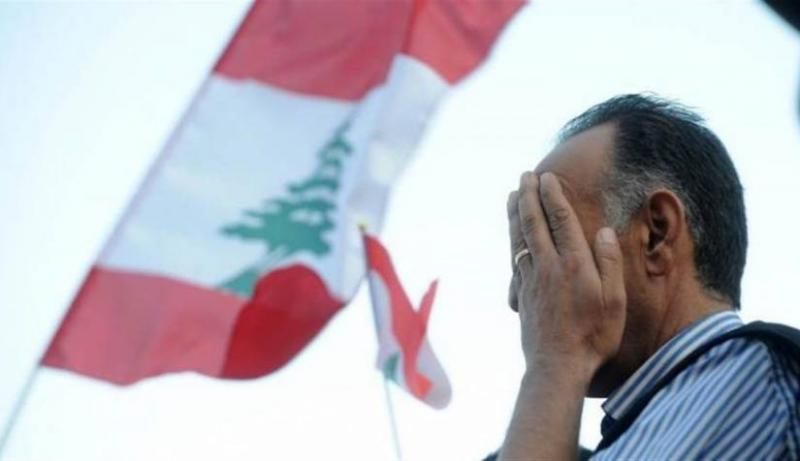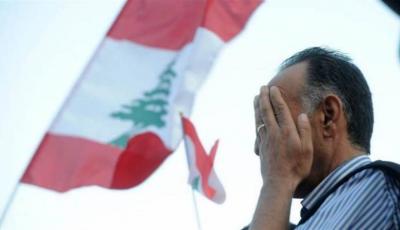The government approved a comprehensive bankruptcy plan on the eve of its transition to caretaker status, under the name "Economic Recovery Plan," which effectively extinguished the hopes of recovering funds for all depositors and the capital of banks. It also obstructed any path to emerge from the dark tunnel and revive the sectors facing collapse with all their strength, which they could not overcome. After a long period of groaning mixed with anxiety, hospitals have once again raised the alarm due to the loss of all essential requirements for continuity. For this purpose, the hospitals, along with the Doctors' Syndicates in Beirut and the North, have announced a general strike and a complete cessation of work on the upcoming Thursday and Friday in clinics, health centers, and hospitals, except for emergency cases, in "rejection of the policies of the Central Bank of Lebanon and the Association of Banks towards depositors, doctors, and health sector workers and hospitals."
"There is no solution to this dilemma," says a financial source monitoring the situation, as the banks, under the burden of the crisis, "are unable to secure the necessary funds for the medical and healthcare sectors, and thus stand powerless in covering hospitalization expenses and the salaries of employees and workers in the sector." He points out that "the major calamity of banks paralyzed and lacking dollars affects all services and sectors without exception, starting with medical care, hospitalization, and medicine, through the educational sector, all the way to engineering, contracting, construction, trade, industry, and the importation of fuels." He adds: "If the banks had received money from the state and the Central Bank, they would have hastened to cover the costs of everything mentioned without hesitation, as they have always stood by all those sectors for many years, supporting them with medium and long-term loans and providing them with dollars without ceilings to stimulate the economy and boost growth... But today, even the Central Bank can only support some medicines, fuel, and wheat from 'the living flesh.'"
The source raises a series of questions: "When the government says in its plan that it will preserve deposits under $100,000, what will happen to the deposits of hospitals? Isn’t this the flawed policy of the government that has brought the country to such depths... What should be done with such unstudied plans? Why has the state neglected and continues to neglect the enhancement of its governmental hospitals to compensate patients for the collapse of private sector hospitals? Instead of a patient having to pay a cash fee in fresh dollars when entering a private hospital, why can’t they go to a government hospital for free care? Why is the state depriving its citizens of this service and lifting this burden off them? Why this severe shortcoming in working to activate its public facilities such as hospitals and the educational sector...?
Will the owner of the hospital, whose money the state has seized through what is called the "Recovery Plan," still remain in Lebanon? Will he keep his hospital open for patients? The answer is certainly no. Thus, crises follow the Lebanese from cradle to grave: no milk for children, no food, no education, no electricity, no water, no medicine, no healthcare... And the list of denials grows day by day amid the soaring exchange rate of the U.S. dollar against the Lebanese pound without bounds to its horizon... Alongside it, consumer prices, especially fuel products, soar.




